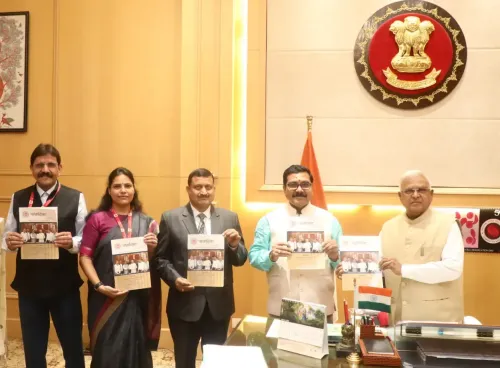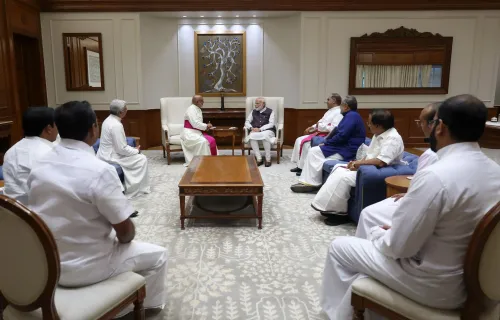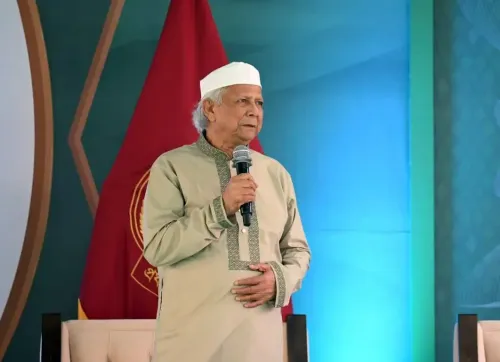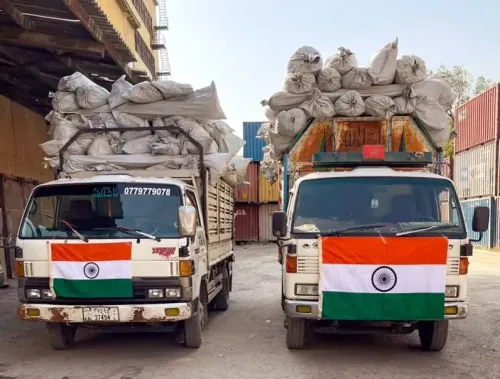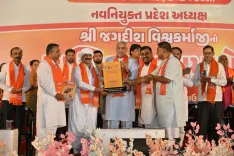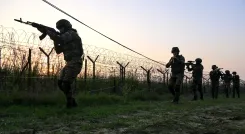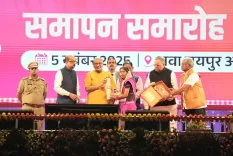How is the Maharashtra Cabinet Supporting Street Children with the Flying Squad Scheme?
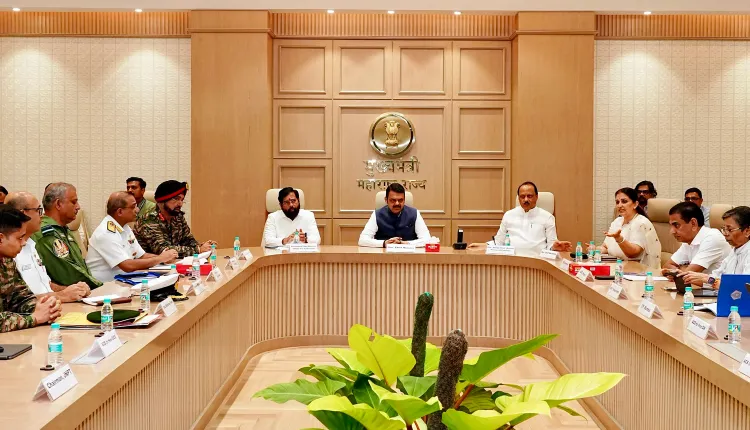
Synopsis
Key Takeaways
- The mobile flying squad scheme aims to rehabilitate street children.
- Initial deployment includes 31 mobile squads in 29 municipal areas.
- Budget approval of Rs 8 crore for implementation.
- Services provided include education, healthcare, and social support.
- The initiative emphasizes collective societal responsibility.
Mumbai, May 13 (NationPress) The Maharashtra Cabinet, led by Chief Minister Devendra Fadnavis, has given the green light to a new initiative called the mobile flying squad scheme, aimed at the rehabilitation of street children across the state.
In its initial phase, 31 mobile squads (vans) will be rolled out in 29 municipal regions, with the Cabinet approving a budget of Rs 8 crore for the initiative.
According to Women and Child Welfare Minister Aditi Tatkare, "The plight of children on the streets, especially orphans and those from socially and economically disadvantaged backgrounds, reflects our societal sensitivity. The 'Flying Squad' scheme, launched under 'Mission Vatsalya' on a pilot basis in 2022-23, aims to provide counselling, education, healthcare, and rehabilitation for these children."
After a successful pilot program in six municipal corporations including Mumbai, Thane, Pune, Nashik, Nagpur, and Mumbai Suburban, the scheme is now set to expand throughout 29 municipal areas in the state.
Minister Tatkare emphasized, "Denying street children their fundamental rights to education and health is a form of social injustice. The 'Flying Squad' scheme offers hope, delivering education, meals, medical assistance, and social security tailored to their needs. It's more than just a service; it's a movement for social change. The joy on a child's face will be the true measure of this scheme's success. Caring for street children is not just the government’s duty; it’s a collective responsibility of all of us."
During its pilot phase, 3,813 street children received various services via mobile vans, including medical check-ups, Aadhaar registration, fostering an interest in education, and facilitating admissions to Anganwadi or residential schools for orphaned or vulnerable children, noted Minister Tatkare.
The Cabinet also approved a financial proposal of Rs 8.06 crore to implement the 31 flying squads across the 29 municipal corporations, with plans to extend the service to municipal councils, temples, and other significant locations in the next phase.
Minister Tatkare elaborated on the scheme's goals, stating it aims to counsel street children and their families, address issues like addiction and malnutrition, and promote rehabilitation in partnership with local NGOs.
The social and educational advantages of the Flying Squad include transforming children's lives through education and rehabilitation, ensuring their health, nutrition, and mental growth, assisting in family reintegration via parental counselling, and facilitating access to government benefits.

